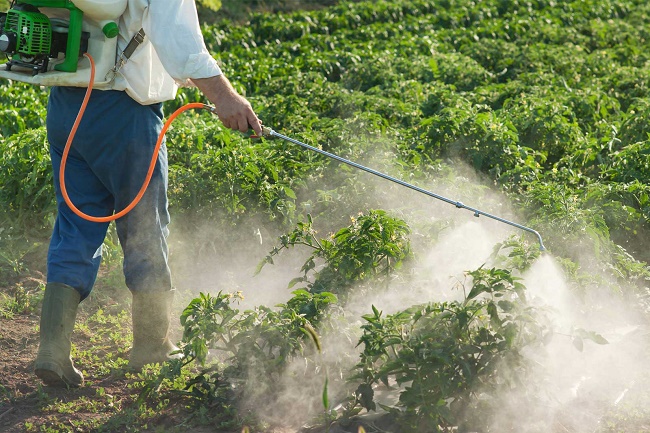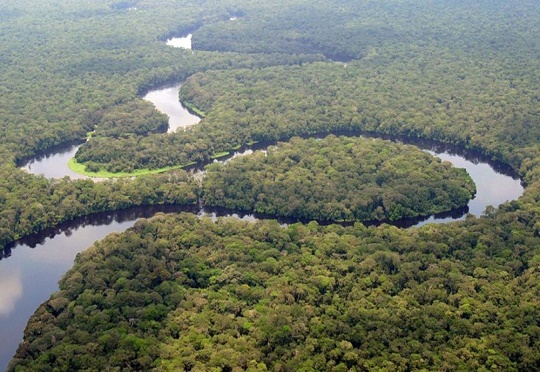The Alliance for Action on Pesticides in Nigeria (AAPN) has commended the National Agency for Food and Drug Administration and Control (NAFDAC) for its recent bold enforcement operations, which led to the seizure of over ₦800 million worth of banned agrochemicals in four states – Ogun, Ondo, Osun, and Oyo.

This was after the public ban, long phase out period and extended grace by NAFDAC on the substances and her merchants.
The confiscated products included Paraquat (banned effective January 1, 2024), Chlorpyrifos (banned effective November 1, 2024), and Atrazine (banned effective January 1, 2025).
These pesticides are known to be highly hazardous and pose severe threats to public health and the environment.
According to the AAPN, this action by NAFDAC marks a significant step in curbing the rampant misuse and illegal distribution of banned chemicals across Nigeria. The seized substances; over 551 cartons found across 16 agrochemical outlets – are linked to serious health conditions such as cancer, respiratory failure, liver and kidney damage, and have contributed to suicides, food poisoning, and international rejection of Nigerian agricultural exports.
While AAPN applauds the enforcement effort, the group urges further systemic reforms to address the deeper roots of unsafe pesticide use in the country, recommending the following urgent actions:
End the open sale of all forms of highly hazardous pesticides (HHPs) in markets across Nigeria.
Agrochemical dealers’ associations, farmers’ groups, and agro-technical networks must take responsibility for educating, training, and holding their members accountable. They must desist from selling banned products and actively warn members about their dangers.
Government institutions at all levels federal, state, and local levels – along with market authorities, farmers’ cooperatives, agrochemical associations and traders’, should work closely with NAFDAC to enforce regulations and protect public health.
Rather than promoting the use of highly toxic chemical substitutes, we advocate for the widespread promotion and adoption of bioprotectors such as biopesticides, biofertilizers, and other eco-friendly inputs. Where unavoidable, only pesticides categorised as Unlikely to Present Acute Hazard should be considered.
“This is just one part of a much-needed broader approach to tackle the growing menace of pesticide misuse in Nigeria. NAFDAC’s actions must be expanded to reach other regions, particularly rural communities, where unsafe pesticide practices are most prevalent.
“The open sale and use of banned agrochemicals pose an enormous threat to both public health and food safety.
“AAPN calls for a national strategy involving NAFDAC, the Ministries of Agriculture, Environmental Protection Agency (EPA), security forces, and agrochemical dealers and marketers associations to work together in widening the enforcement net. It is crucial that agrochemical dealers’ associations take full responsibility for ensuring their members adhere to the ban and are held accountable when involved in the illegal sale or distribution of these harmful substances.
“Unfortunately, some dealers are perpetrators rather than co-enforcers of the regulations, and they must be held accountable.We also emphasised the need for farmers associations, farm workers networks, and leaders of these groups to be integral to enforcement and education efforts. These stakeholders are on the frontline of exposure to these dangerous chemicals, even before they reach consumers.
“It is essential to protect those who work directly in agriculture, as they are often the first to bear the brunt of toxic pesticide exposure.The tragedy that occurred in Oye Obi community in Benue State in 2020, where over 270 people tragically lost their lives after a banned pesticide – Endosulfan, was leaked into the community’s river, should serve as a grim reminder of the consequences of inaction.
“Incidents like this, alongside widespread cases of the use of pesticide for suicides, occasions of food poisoning, and the export rejection of Nigerian agricultural products due to pesticide contamination, must not be allowed to continue.AAPN strongly advocates for legislative measures that can close the gaps in existing laws, ensuring more robust monitoring, education, penalties for violators, and force disclosure of how lethal that these pesticide active ingredients are.
“The open sale of Highly Hazardous Pesticides (HHPs) must end, and the government must work closely with NAFDAC and other relevant stakeholders to enforce existing regulations and introduce new laws where necessary.We must act collectively and urgently. The unregulated circulation of Highly Hazadious and banned pesticides is not only undermining our food systems but also costing lives.
“Nigeria cannot afford to continue this cycle of negligence and harm. We call on the Nigerian government to sustain support for NAFDAC’s monitoring and enforcement roles and to champion a national movement toward safe, sustainable, and health-conscious agricultural practices.Together, through stronger cooperation, enforcement, and public education, Nigeria can move toward a safer, more sustainable future for both its farmers and consumers.”











